How big is your to-do list? If you’re anything like me, it’s probably huge and you’re looking for ways to be more productive. Enter: Productivity tips.
This year, my to-do list has turned into a growing mountain of “important” tasks that always seem to lead to something else (of course equally as important) that needs to be accomplished.
Over the past several months, I’ve been taking on more time-intensive projects than I ever have before… all at the same time as moving from San Francisco to Los Angeles. My to-do list has ballooned out of control. As a result, I’ve had to get very serious about how I utilize my time. I’ve had to become way more productive.
I’ve been doing a lot more experimentation, testing, and coming up with my own productivity tips to not only squeeze more time out of my workday, but to be more effective with that limited amount of time (which is what I believe productivity is really about).
The thing is, if you’re like most people, you can find extra time to do the things you truly want (and need).
It’s amazing how much time we waste in our average day if we’re brutally honest with ourselves. Ten minutes of checking Facebook notifications when you get to work, scrolling through Instagram for half an hour at lunch, reading up on the day’s news during the afternoon, the list goes on.
At the same time, while you may take pride in replying to every email as soon as you receive it, it does waste an awful lot of your time that could otherwise be used more effectively. That’s why today, I’m sharing my list of 25 surprisingly impactful productivity tips to help you be more productive in all areas of your life.
Disclaimer: Some of these productivity tips will sound like a no-brainer, but trust me… it’s the implementation, repetition, and discipline in sticking to them long enough to pay off, that’ll be most difficult.
In some cases, you’ll walk away from reading this post with an aha! moment, wondering why you haven’t always been leveraging a particular productivity tactic. And yet others might not be the best fit for you. In all reality, you probably won’t be able to use all of these productivity tips at once—it’s more about finding the ones that can give you the biggest return in your unique situation.
The common thread throughout all of these tactics to be more productive, is that they’re simple and straightforward. Anyone can pull them off with the right level of conviction. The difficult part of this process is changing habits and rewiring routines.
25 Ways to Be More Productive: Genius Productivity Tips (Crowdsourced) from Top Entrepreneurs
Now, in the name of being more productive, let’s jump straight into the heart of our content.
1. Wake Up at 4:30 am
I know many of you will read this suggestion and instantly drop down to tip #2. Some of you, I know, think it should only be birds and dairy farmers who wake up this early. However, this could be the most important way to be more productive of them all. My early wake-up allows me to get my most important work done in the early hours of the morning before other people are up and requesting my time for their needs. It is a true case of self-discipline leading to results—the definition of what I think of as a productivity tip.
If you can’t stomach the thought of a 4:30 am wake-up, then slowly work your way there in a gradual process. If you’re not naturally a morning person, maybe choosing a 7 am start will be a good first achievement for you. Once you’ve become used to this, set your alarm clock back another 15 minutes each week. Over time, repeat this process until you’re managing a genuinely early start, for this method of being more productive to really pay dividends.
2. Use a Wrist Vibration Alarm to Wake Up
Instead of a blaring alarm waking me with a jolt each morning, I use the FitBit’s wrist vibration alarm feature to wake myself up more calmly. Again, this depends on how easy it is for you to wake up early. Some people need a screaming siren on the other side of the room, so they need to physically get out of bed to turn the alarm off.
Personally, I prefer FitBit’s more subtle approach to the morning wake-up, and it has the added benefit of your partner not being woken at the same early time as you.
3. Don’t Look at Your Phone in the First Hour of Your Day
Give yourself permission not to be reactive with your phone. By starting your day from a place where you are in control of what you do and when you do it, you will free up more cognitive energy to focus on the activities that give you the highest return in your work day.
Of course, if you start your day at 4:30 or 5:00 am you are unlikely to receive many calls in that first hour anyhow (unless you are working with overseas colleagues or clients). Just try to resist reading any texts that people may have sent you overnight. It is unlikely to make any difference to the other person if you read them now or in an hour’s time.
Your first work hour is likely to be your most productive hour of the day. Keep it interruption and distraction-free.
4. Restrict Social Media Usage to 15 minutes Per Day
We all know how it is. You just wanted to check an interesting Facebook status and the next thing you know you have become immersed in your friends’ statuses, tweeted a few times and watched a few YouTube videos. As great as social media is, it can be a tremendous time waster.
Use the Freedom App to block specific social media sites from your computer and mobile devices. Set limits for yourself and be more productive with extra hours in your day.
5. Seriously Limit Your Phone Usage
Some of us love talking. We can spend many unproductive hours simply chatting away on the phone. It is not always our fault. In this mobile age, it is amazing how many people ring others at antisocial times and expect to be instantly spoken to. Even when people restrict their calling to office hours, it can seriously hinder your chances to work productively.
The Moment app can help you to track your phone usage throughout the day, set goals and get back to doing more of what you are best at—instead of procrastinating. Their website tagline says it all – “Put down your phone and get back to your life.”
6. Turn Off All Notifications on Your Phone
Is it really the end of the world if you do not respond to that text or call immediately? Take control of when you read and respond to requests for your time.
Just because somebody else thinks their request is important, does not mean that it that important to you that you need to know about it this second. While you are at it, turn off most of the other notifications on your phone, tablet, and computer. Do you really need a notification that there is a new issue of some magazine you once read? About the only important notifications are those for meetings and appointments (and probably your partner’s birthday if you want a peaceful life).
7. Check Your Phone No More Than Once an Hour
Decreasing the frequency with which you look at your phone eliminates a major potential distraction that’s blocking you from being more productive. This will take time getting used to.
Since I believe discipline and willpower are way over-rated, building this habit will be much easier if you employ a set of triggers that reinforce the right behavior; in this case not looking at your phone more than once per hour.
I know that if my phone is next to my computer, I am probably going to look at it regularly. So to help myself build this habit, I physically place my phone out of sight when I am working. It goes into the top drawer of my desk (on vibrate mode) so that I will hear it vibrating if one of my ‘favorite’ contacts is calling me—which only happens when something urgent is needed. Otherwise, everyone I work with regularly knows that I check for texts about once an hour and emails twice a day. You set the boundaries, and people will respect that.
8. Use Do Not Disturb Mode on Your Phone During the Work Day
This one’s for all of my fellow work from home peeps out there and it goes beyond just turning off your notifications. By turning on Do Not Disturb (DND) during your work day, you will be taking your time off the table for every distraction, even phone calls—the ultimate life hack that’ll allow you to be more productive on a daily basis.
9. Ask People to Call You for Urgent Needs
If you have an iPhone, add anyone who may need to get hold of you in a pinch (friends, family, children, school, co-workers, boss, and employees) as a Favorite so that their call will come through, even in DND mode. This means any potentially distracting (non-urgent) call will go straight to voicemail while only those whom you flag as important to you in your Favorites will be able to reach and interrupt you.
10. Remove Messages from Your Computer
If you have a MacBook, chances are you have turned on Messages so that any text or iMessage you receive on your phone will pop up as a notification on your laptop as well. This is incredibly distracting. You will be far more productive by removing these notifications as well.
Similarly, you can remove notifications of messages on a Windows 10 computer in the Action Center.
One of the worst offenders for sending you notifications on your computer is Google Chrome. You can deselect notifications from any website in Chromes’ Settings menu.
11. Schedule Time on Your Calendar for Emailing
When you decide when to respond to email, you are taking control of your time. Naturally, this will not work with every single job (it’s particularly effective with remote jobs where there’s a high level of autonomy), but have a conversation with your boss and see if you can reach an understanding about scheduling 2 x 30min or 1-hour blocks of time on your calendar every day to read and respond to email. The productivity gains you will get by unlocking more focused time to get results with your work will be worth the company’s investment.
12. Hide Your Email Inbox
Eliminate the temptation of turning to your inbox and being reactive during the work day by installing the Chrome extension, Inbox When Ready (#79 on my list of 101 Essential Online Business Tools I’ve Used to Start a Profitable Website) to hide your email inbox from sight.
You will still have access to searching, writing and sending emails from within your inbox, without seeing your actual inbox or the number of unread emails. This will help you stay focused and be more productive even if you work with your email inbox frequently throughout the day.
13. Use a To Do List App
Your day will be much more productive if you perform your tasks in an organized fashion, focusing on clearing the most important tasks rather than spending all of your time on the easy or interesting tasks. This is where a to do app (like one of these to do list apps) can help you streamline your day. There are many great to do managers out there that you can choose from, including my personal favorite I’ve been using for over 6 years: ToDo by Appigo. Other options you should check out depending upon your goals and ideal workflows include Google Keep, Any.do, Remember the Milk, Habitica, Trello, and Todoist.
With Todoist, for example, you can split your projects into specific tasks, allocate them to set days, and then give them one of four priority levels. You can even delegate tasks to other people in your team if you can do that. If you get into the habit of updating your To do list every morning and then focusing on the highest priority tasks each day, the extra productivity you gain will ensure that you always manage to finish those most important tasks (like testing new methods of learning how to drive traffic to your website).
14. Listen To Music (And Sing) While You Shower
Let’s be honest. Most of us have sung in the shower at some point, and the singing is not always of the greatest quality. You might wonder why I include this suggestion in a list of productivity tips.
Well, it turns out that science now proves that singing in the shower gives us a whole lot of physical and mental health benefits. You may not remember it, but your mother probably sang lullabies to you as a baby. So when you sing it takes you back to what was a fundamental learning period of your life. Physically, singing leads to a higher immune competence, meaning you are less likely to catch bugs. People who sing also have lower cortisol levels, meaning less stress, and better hearts.
Singing also triggers the release of both oxytocin and endorphins in the brain – which further relieves anxiety and helps your heart health.
Regarding mental health, research shows that singing helps reduce sadness, anxiety, and depression, and has even been tied to improving chronic pain.
However, remember to be kind to your household, particularly if you have followed tip #1 and woken up at 4:30 am. Blasting your tune out at full volume at that time is probably not so good for your health, particularly if it wakes up unhappy family or housemates.
15. Take a Cold Shower
It is probably best if you keep the water temperature right down if you sing in the shower. Scientists have surprisingly discovered that there are benefits of keeping your showers cold.
Not all of the benefits directly relate to your daily productivity, although they may have indirect long-term benefits. For instance, the scientists have discovered that your “brown fat” burns calories to keep you warm, so you lose weight in that cold shower. They also activate your immune system which strengthens your immunity and circulation.
More relevant to your daily productivity, cold showers increase your mood and alertness. Start the day with a cold shower and your blood will rush through your body, energizing you for the day.
16. Smile More Often
I bet you never realized that simply smiling would help improve your daily productivity. However, there are good scientific reasons why smiling is good for us.
For a start, smiling helps lower your heart rate, giving you all of the benefits of having a less-stressed heart. You are less likely to be stressed if you are smiling. Making a conscious effort to smile more is likely to reduce your stress levels.
You are far more likely to perform tasks more productively if you are happy and smiling, rather than worrying and being upset. That is why people try and bring humor to the workplace. Remember Steve Carroll’s Michael Scott in NBC’s The Office? His whole aim in life was to make his office happy, although he was usually spectacularly unsuccessfully in achieving this.
17. Commit a Random Act of Kindness in the First Hour of Your Day
It is amazing how good helping others can make you feel. As we have seen above, the simple act of feeling happy can help your productivity. There is plenty of research to show that being kind to people makes you happier over time. Doing nice things for people improves your moods, increases your relationship satisfaction and decreases social avoidance if you are socially anxious. It even produces a hormone called oxytocin which reduces blood pressure.
Getting this jolt of positive energy in the first hour or two of your day will set you up for a mentally powerful day.
18. Write Distraction-Free From Your Computer
If your work involves writing, you need to give it your full attention. It is easy to be distracted by other tabs and windows open on your screen (like when your CRM pings you with a new lead notification). For this reason, several programs give you a Distraction-Free option.
Most common writing programs, such as Microsoft Word or Google Documents, show you a huge variety of menus and options. These can be very distracting if all you want to do is write.
If you want to start a blog and focus in on your writing practice, one solution is to use Hemingway. Get your thoughts down on screen in Hemingway’s Write mode, and then use its Edit mode to correct and simplify your writing. Side note—I’ve seen Hemingway recommended as a writing aid in many of the world’s top blogging courses as a tool to help concentrate on converting your blog post ideas into actionable published content (that can help you eventually make money blogging).
Another option is to use the Writer add-on to Chrome. This is a simple, clean word processor for Chrome, with a minimalistic design that hides all of those unnecessary options the more sophisticated programs feature.
19. Put Together Your Outfit for Tomorrow Before Going to Bed
I have already discussed the benefits of operating a To Do list. One benefit is, of course, ensuring you are organized, placing your focus on the most important tasks. Unless you sit at home in your pajamas writing or you operate out of a nudist colony, one of your most important tasks each day is to get dressed. Now as trivial as this may sound, it can be a great stress to people if they are rushing off to work and can’t decide which clothes to wear.
You might not have to think too hard about what you are wearing if you wear a uniform, but even then you still need to find all your clothing items each day and make sure they are clean.
Hunting down items of clothing at the start of the day is hardly a great start to a productive workday. You want a smooth-running, easy start, with as few decisions as possible. Save your brain for those really important decisions of the day. I have known people wear underwear with the days of the week printed on them, so they do not even have to think which pair to put on.
Your life will be so much easier if you have a before-bedtime routine. Lay out your outfit for tomorrow. It is a simple thing that saves you time in the morning, by being decisive at a less-productive time.
20. Set Deadlines for Accomplishing Every Goal (No Matter the Size)
Note for my To Do List: Finish this paragraph … sometime.
A simple note like that is the kiss of death for any task for me. I accomplish nothing without having a deadline or it.
Without a deadline for a job, there will always be something more important. It will never jump up to your high priority task lists. Even if a task is not particularly time-sensitive, you still need to create a deadline. Otherwise, you are telling yourself that it is unimportant.
21. Write Down Your Goals, Plans and Deadlines
Physically writing down your biggest personal goals will make them more real. However, don’t tell everyone about them. Our minds mistake the talking for doing.
Derek Sivers describes the process well in a TED talk. Although creating goals is very important to your success, talking about it isn’t. Repeated psychology tests confirm this. The good feeling you gain from talking about your goals does not flow through to you actually working towards achieving these goals. You are far more likely to work on goals that you have not signposted, than on those you have.
If you need to talk about your goals you can phrase it in a way that gives you no satisfaction, e.g. “I need to get that report written tomorrow. Give me a hard time if you see me surfing the net.”
You’ll only make it so far in life, driven by motivational quotes, business books, guides to make money online and caffeine only. Make your goals real, plan out how you’re going to accomplish them, and create deadlines that force you to deliver on those objectives—that’s how you’ll be more productive in the long run.
22. Schedule Check-Ins on Your Calendar to Monitor Progress Towards Goals
It is a good idea to make incremental check-ins to make sure your deadlines are realistic. If you are falling behind, ask yourself, why? Is it because a goal is unrealistic? What obstacles are you facing?
Are the obstacles things you can control yourself? If so, determine how you can change the goal, deadline, or tactic to achieve your desired result most quickly.
You should regularly monitor your progress towards your goals. Set aside some time each week, perhaps on a Sunday morning, to see how you have progressed and to spot any roadblocks you have encountered.
23. Use Inbox by Gmail
I receive massive mental and productivity gains from getting down to a zero inbox every day. Inbox by Gmail is Google’s left-brain take on an email program. It works with your existing Gmail account but looks at it in a different way. It bundles similar emails together by their purpose.
For instance, it bundles all of your travel emails together. It highlights each email, so you can see the contents without opening it, and you can even see things like flight updates and reservations statuses without opening the emails. It includes a task manager so that you can set yourself reminders.
Another major benefit is the ability to ‘snooze’ emails which trigger them to resurface in your inbox at a pre-determined date & time. This makes you much more efficient at managing multiple projects at the same time because you can simply reschedule emails to pop back into your inbox (which means you need to address it) when it is a more suitable time to check it.
I do not waste time going to another To Do app to set a reminder—I use my inbox resurfacing as a cue to address needs.
24. Charge Your Phone Outside Of Your Bedroom
Knowing myself, I am much more tempted to check Facebook, read Quora or scan my email inbox in bed while I am getting ready to go to sleep if my phone is nearby. To eliminate that distraction completely, leave your phone charging overnight in another room.
If you use your phone as an alarm, crank up the volume so that you will hear it from the other room—better yet, get a wrist vibration alarm like the FitBit or buy a cheap alarm clock to keep by your bed.
25. No Screen Time in Bed and For 30min Leading Up To Bed Time
Having a no screen policy in bed—TVs, phones, tablets, computers and otherwise—will dramatically increase the quality of your sleep and allow you to be more productive during your work day.
Researchers at Rensselaer Polytechnic Institute showed that exposure to light from computer tablets significantly lowered levels of the hormone melatonin, which regulates our internal clocks and plays a role in the sleep cycle. In the study, published in the journal Applied Ergonomics, the researchers had volunteers read, play games and watch movies on an iPad, iPad 2 or PC tablet for various amounts of time while measuring the amount of light their eyes received. They found that two hours of exposure to a bright tablet screen at night reduced melatonin levels by about 22%.
One of the best things you can do (for getting a better night’s rest) is to use a sleep calculator that’ll allow you to find the best time to go to bed and wake up in order to feel rested and avoid morning grogginess. The best calculators will let you select your age, the time you want to go to bed or wake up—and you’ll get three results to choose from, based on the number of sleep cycles you’ll get in.
And now I need your help…
I want to keep the momentum going, so I want to hear from you—what’s your best productivity tip?
Here are a few examples of my own personal productivity tips I’ve found to be most impactful these past few months:
1. Waking up at 4:30am
2. Charging my phone overnight outside of my bedroom, keeping it on do not disturb mode and only looking at it once an hour
3. Scheduling one hour each day on my calendar for emailing
And a dozen or so other tips like using the Chrome extension, Inbox When Ready to hide my email inbox whenever I’m in Gmail so that I can still send emails without seeing the new unread messages popping in every few minutes.
…
Now, I need your help.
I want to hear your favorite productivity tip, behavior, or change you’ve implemented to become more productive in your day.
Comment below, sharing with me…
1. Your #1 best productivity tip
And
2. How it helps you get more (or better) work done

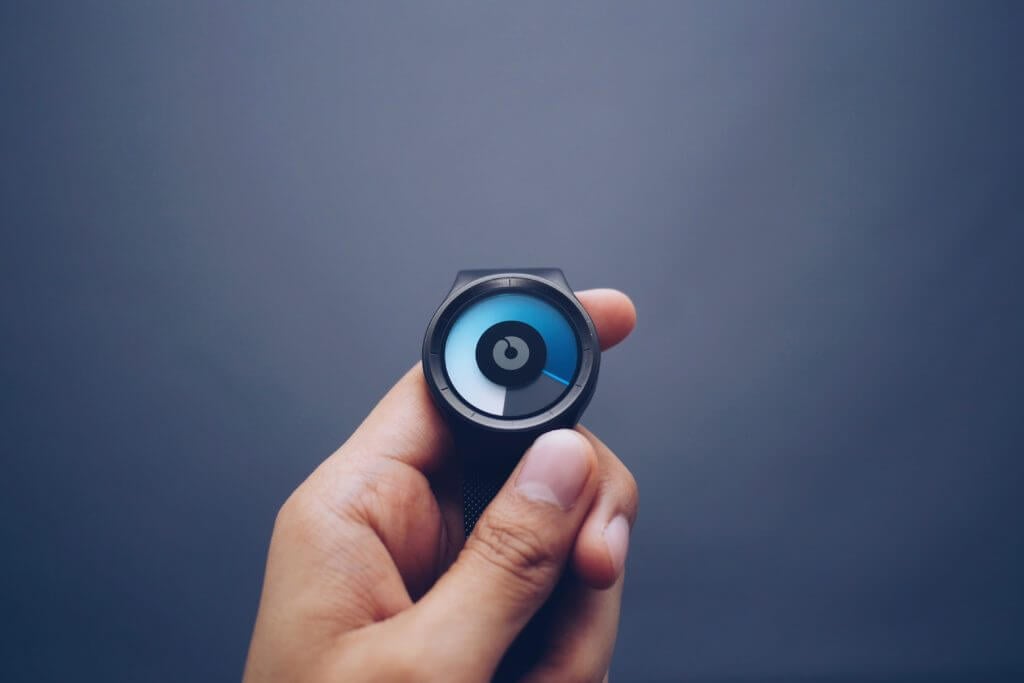

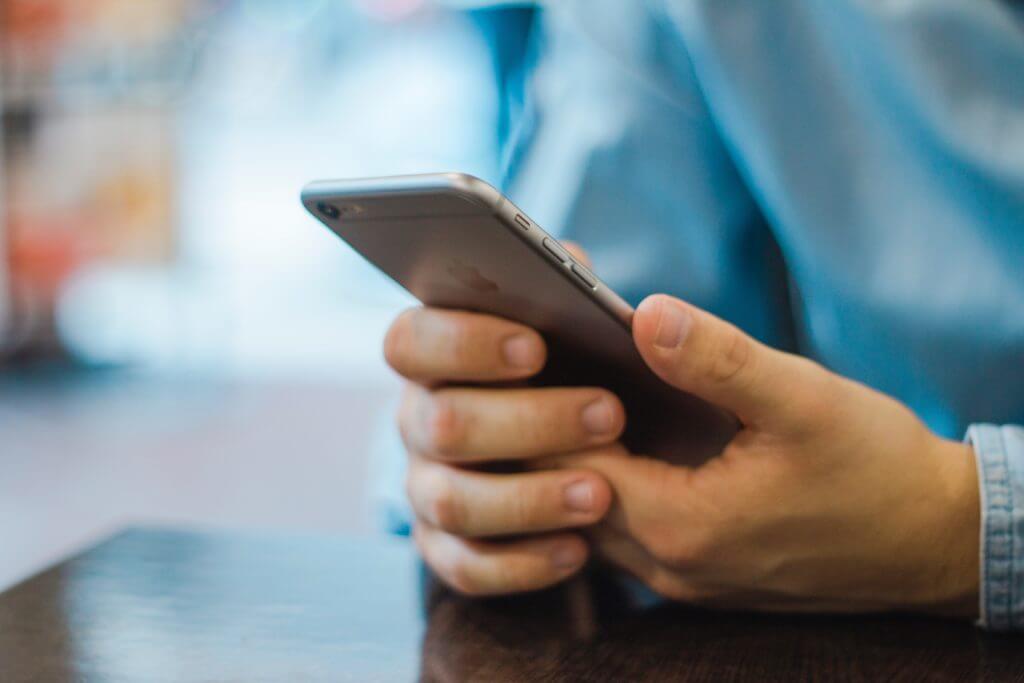

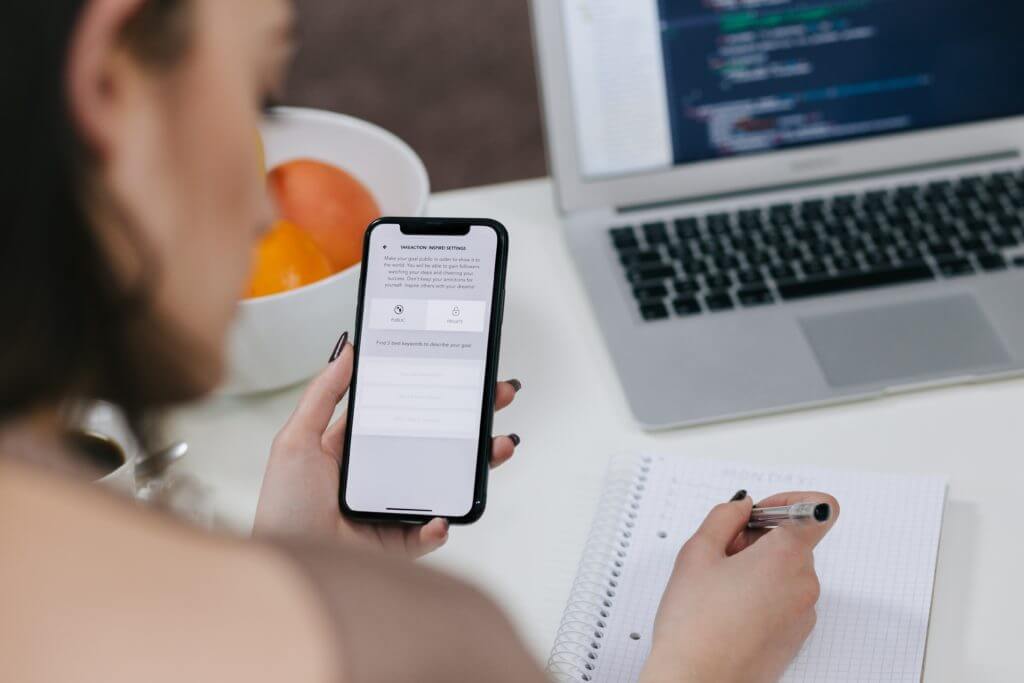
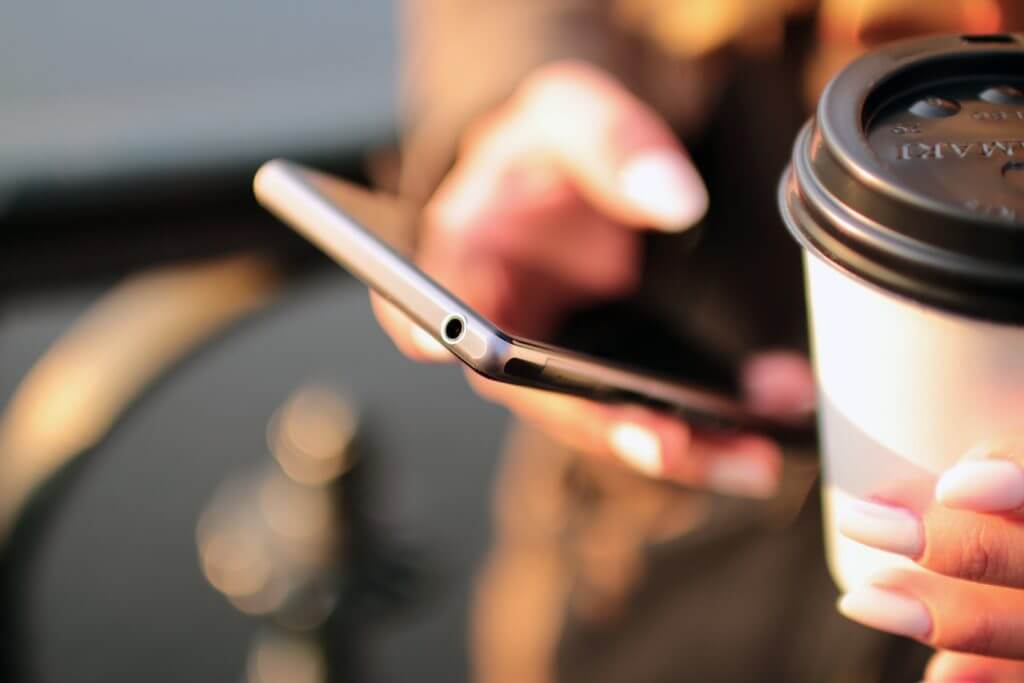
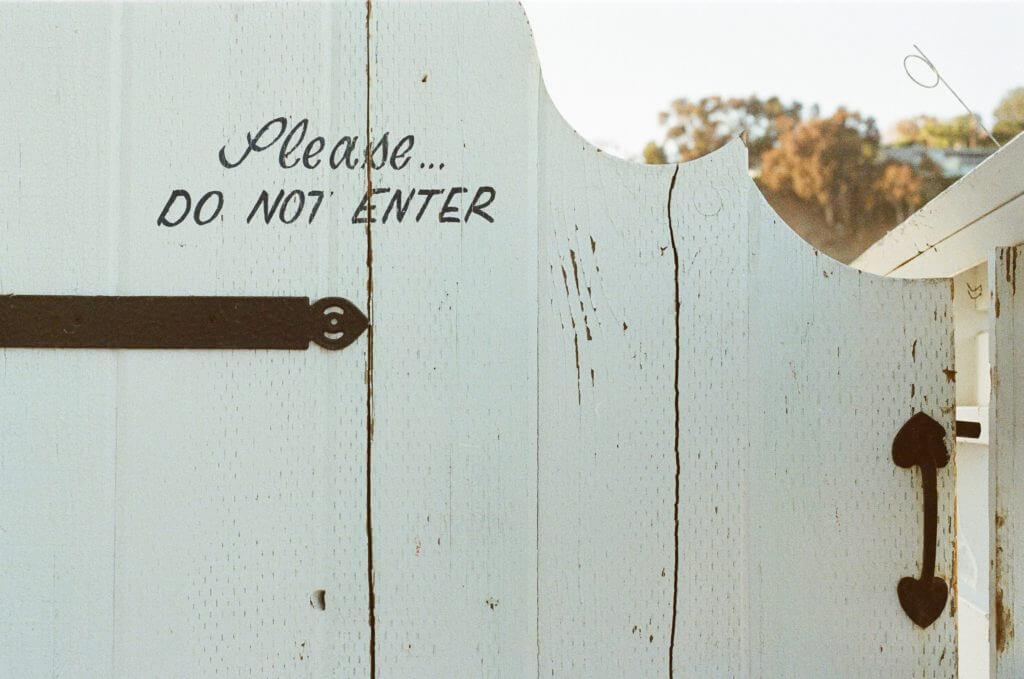
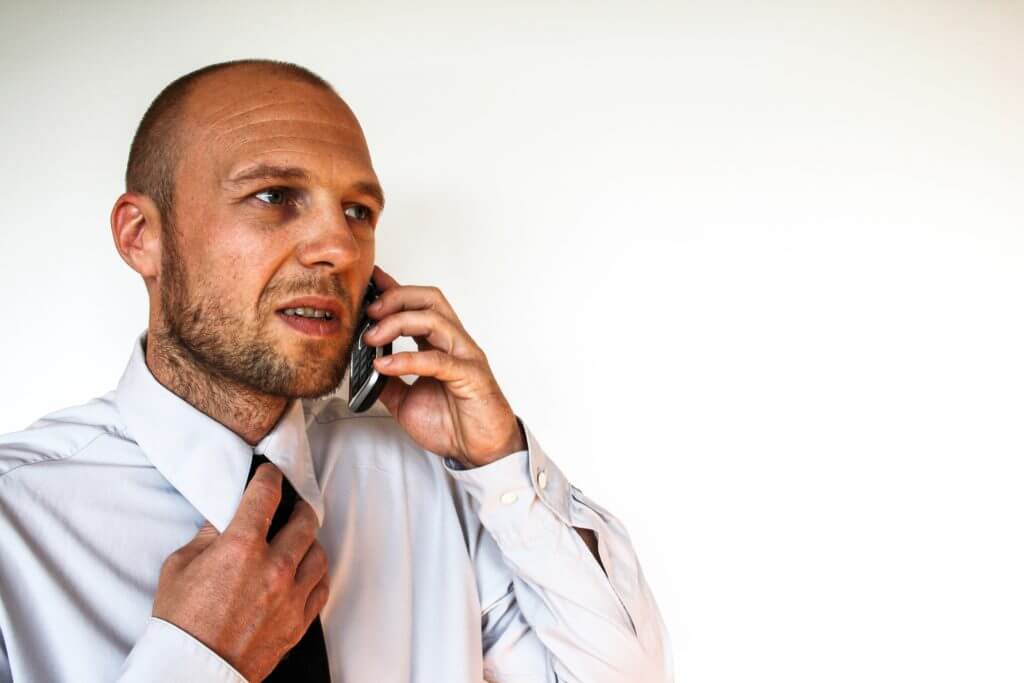
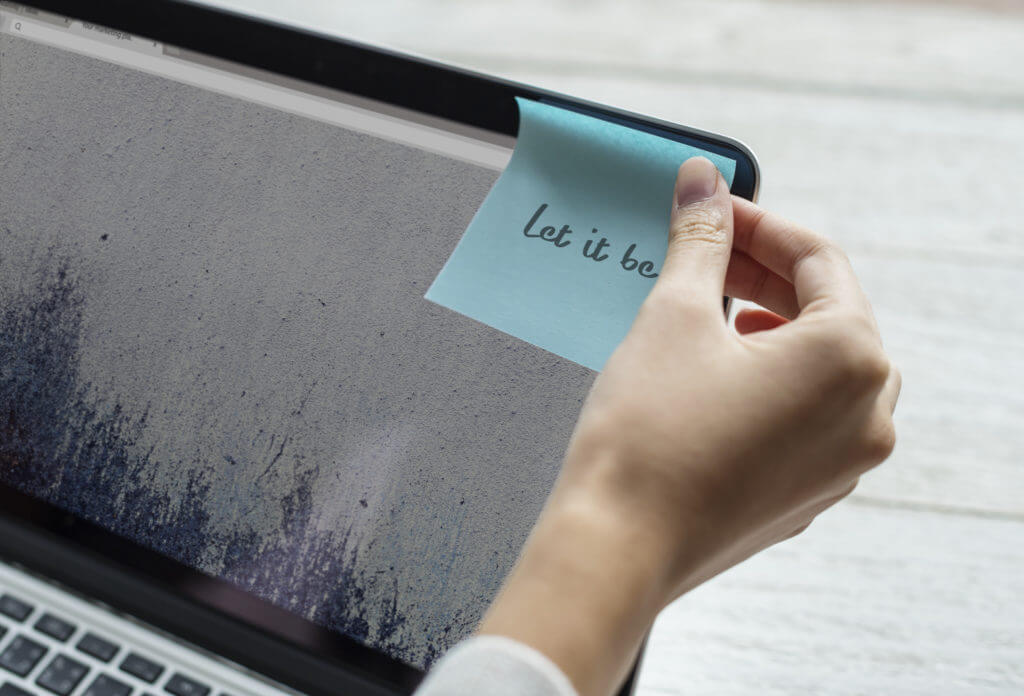
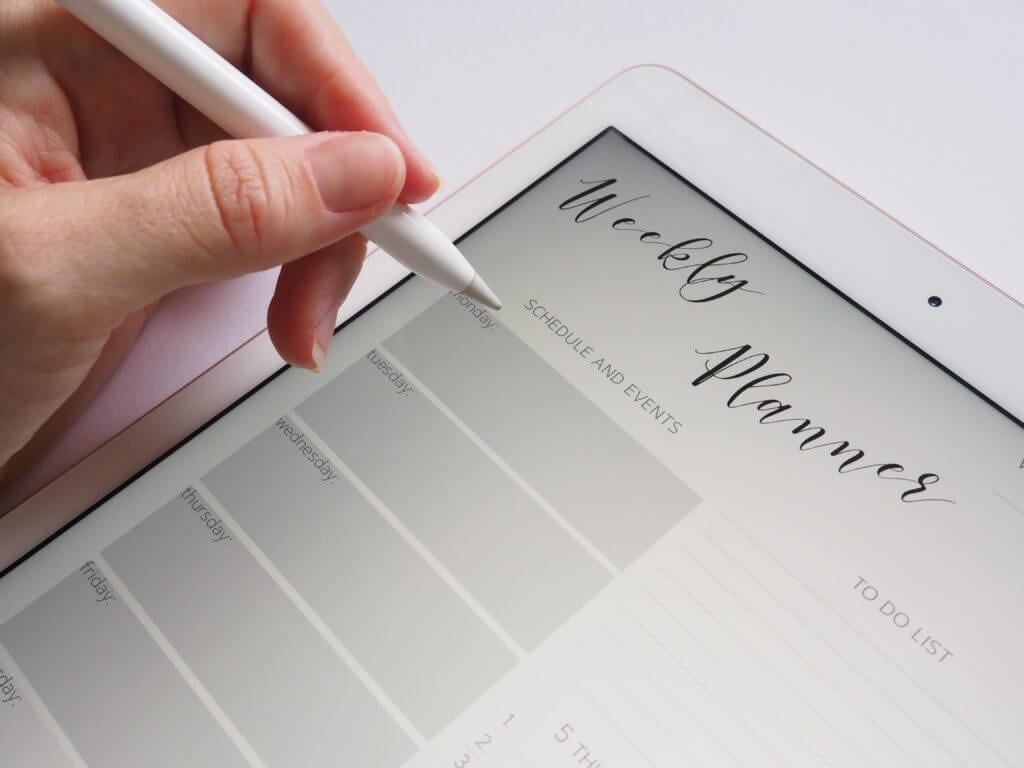
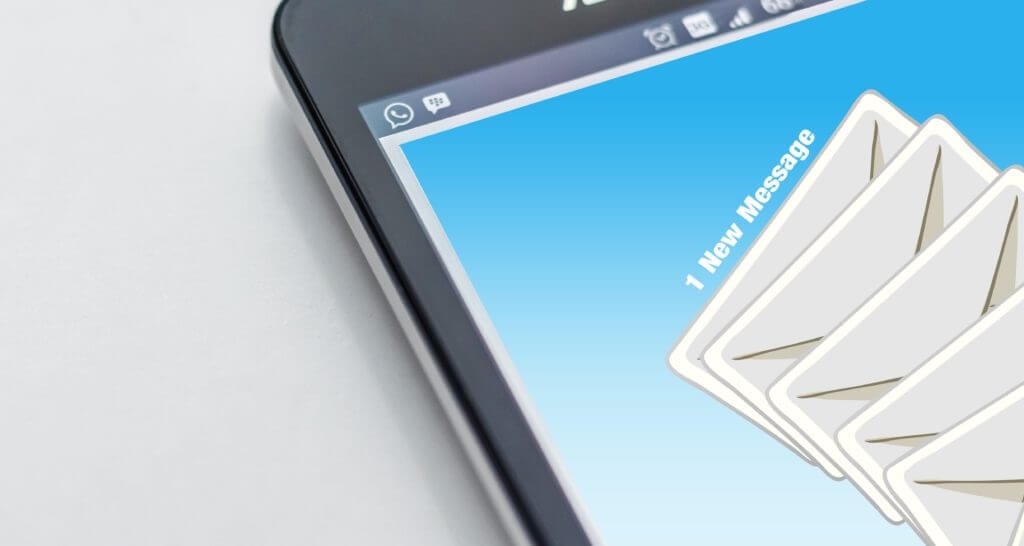
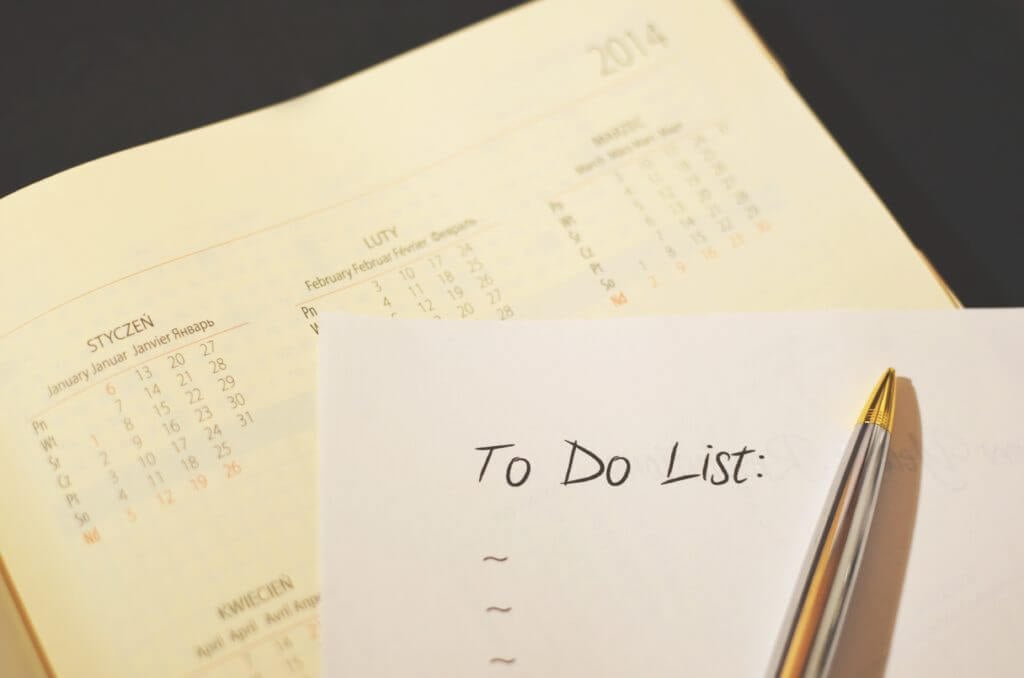
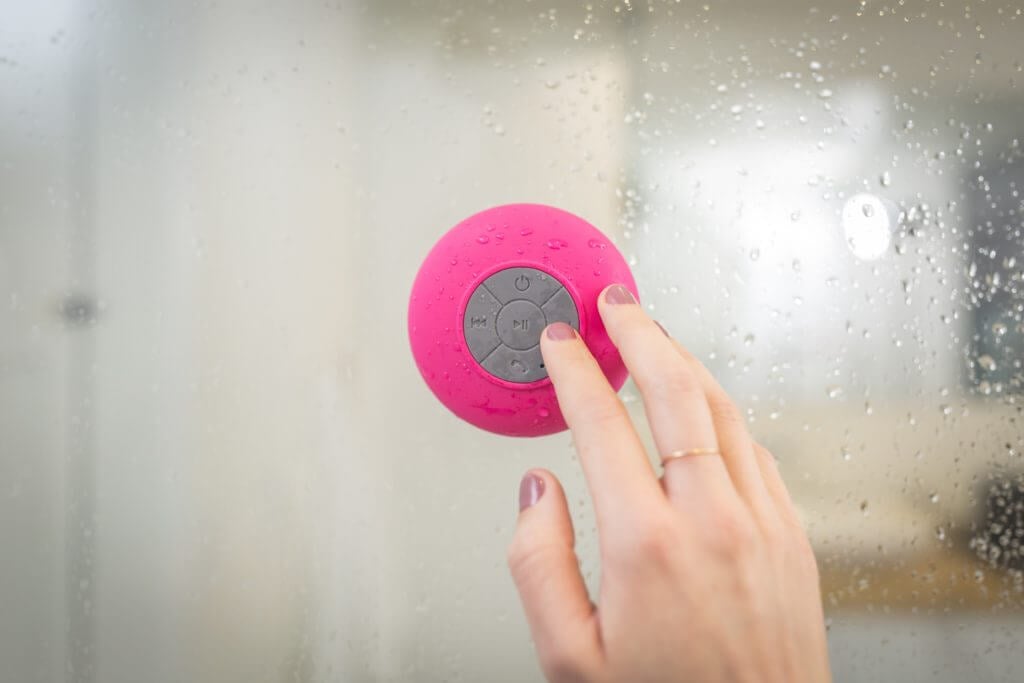



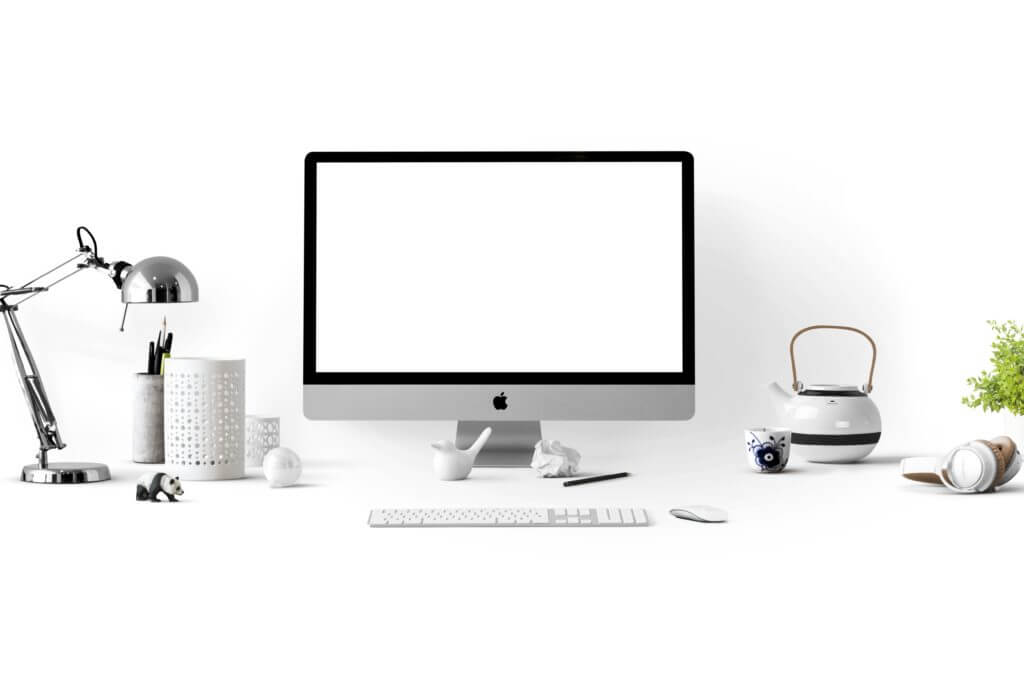

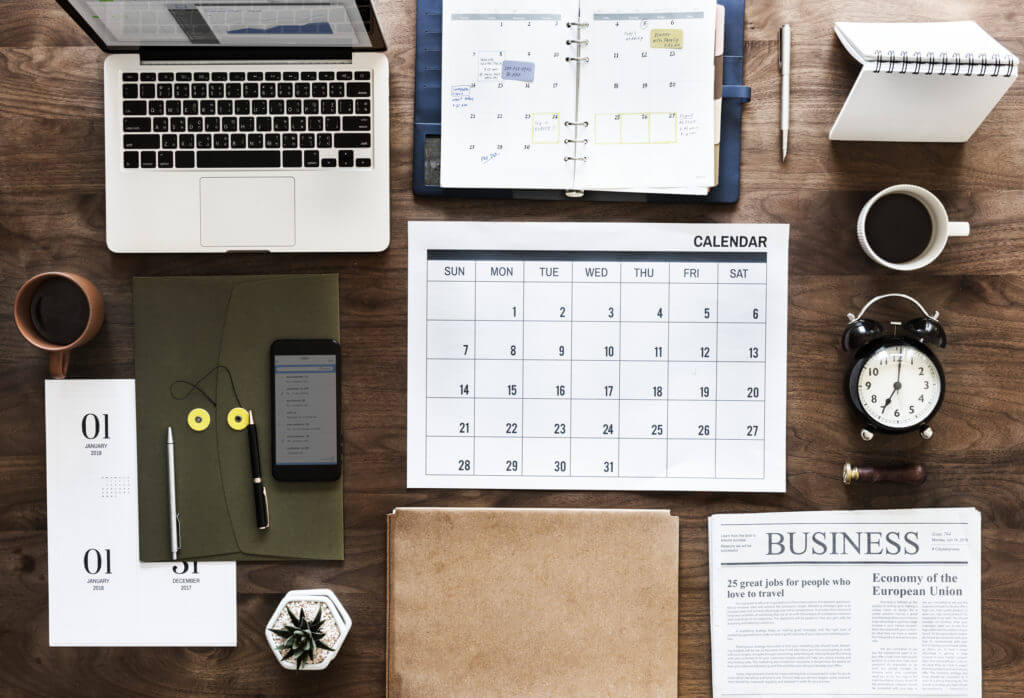
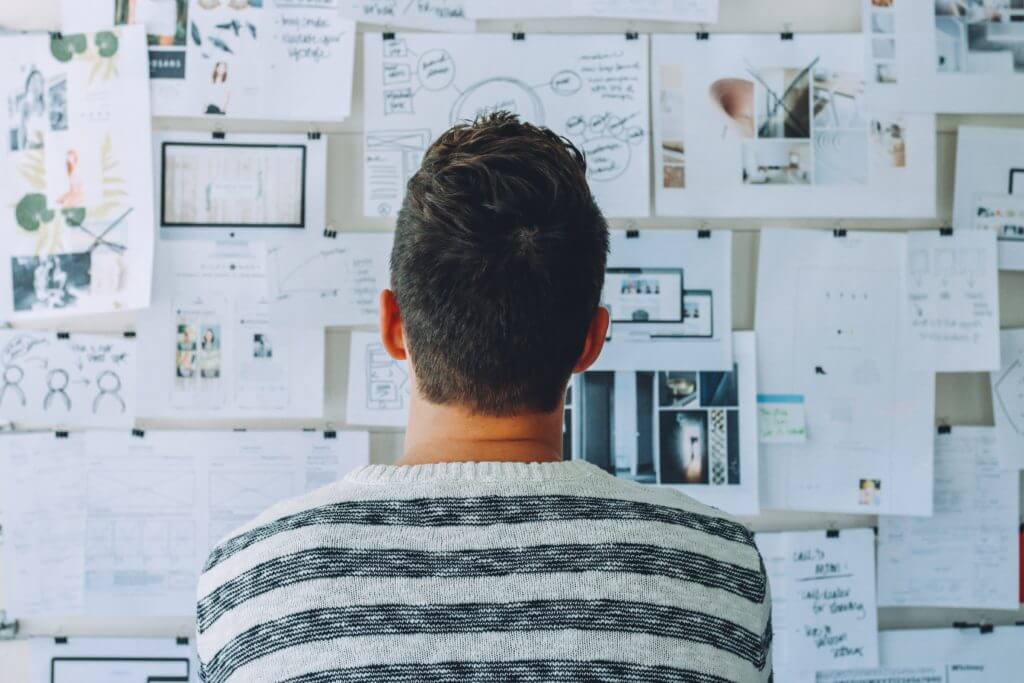
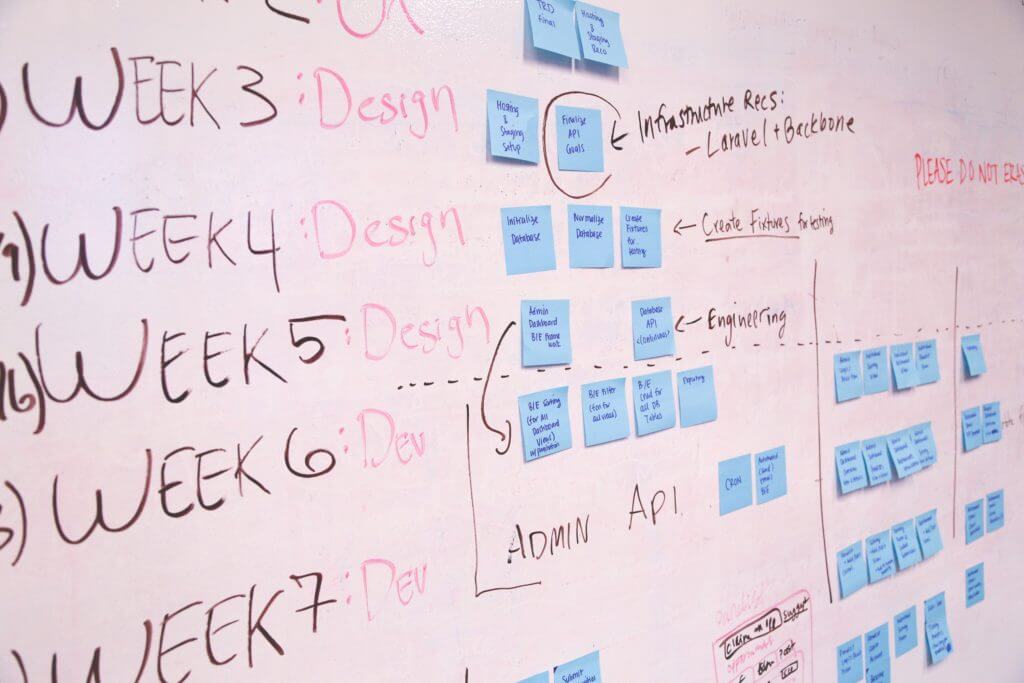
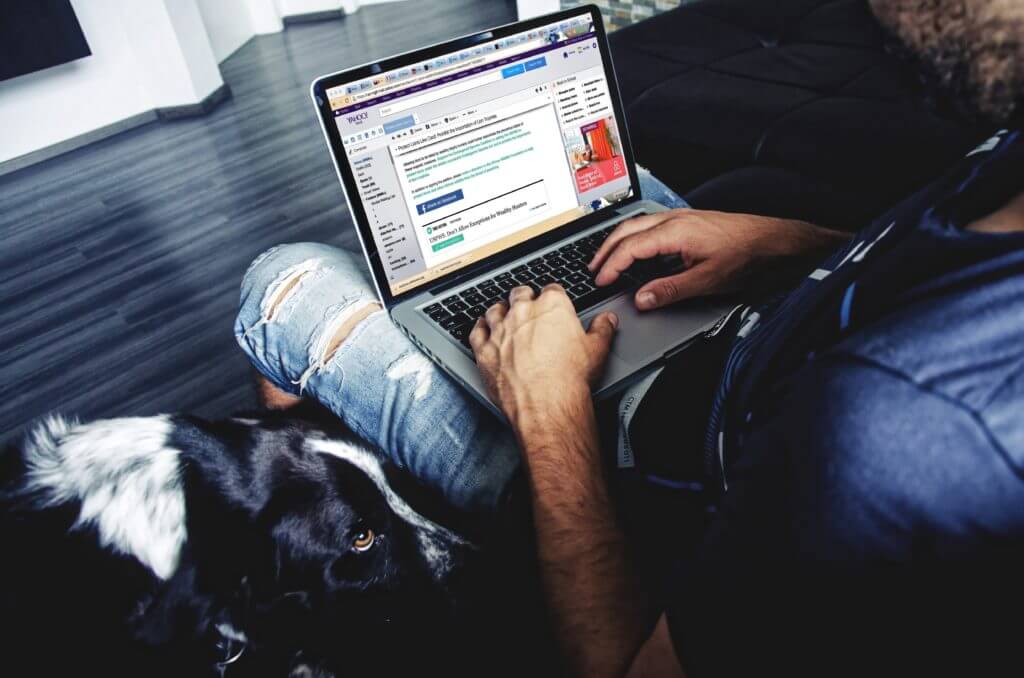
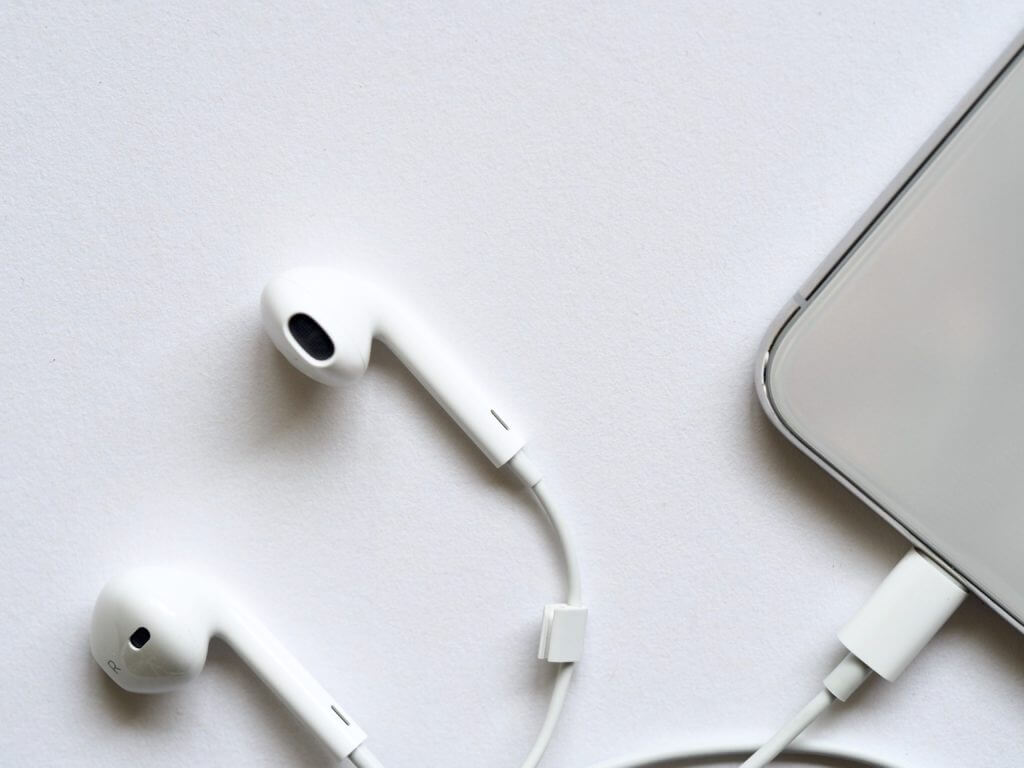
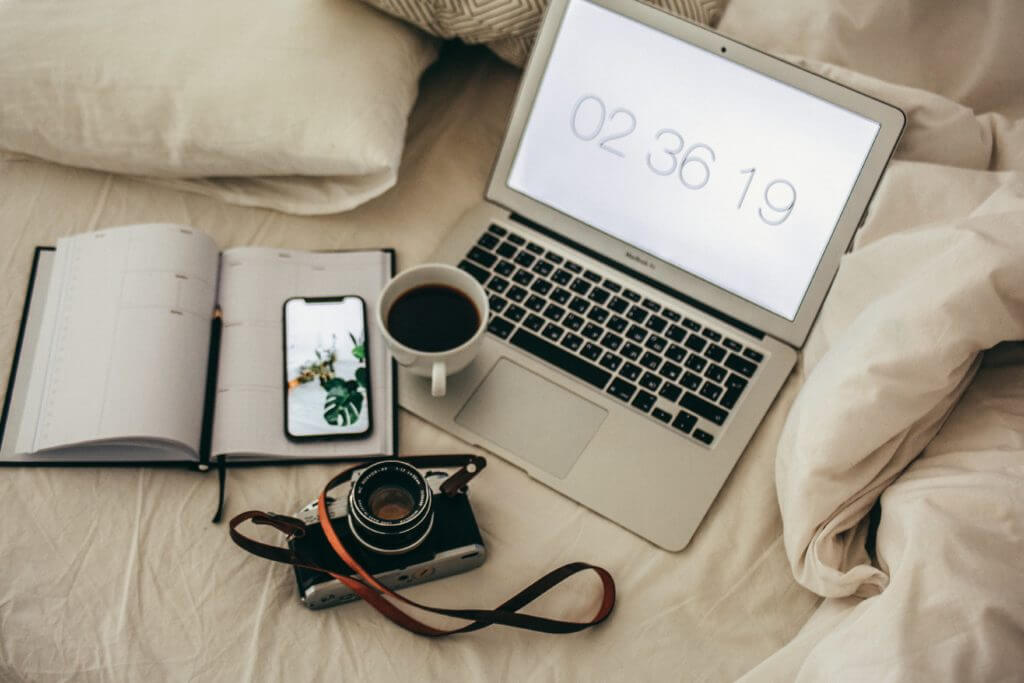
86 replies to “25 Ways How to Be More Productive: Genius Productivity Tips (Crowdsourced) from Top Entrepreneurs”
Wow, I never thought I’d feel like a slacker waking up at 5AM! 😛
The biggest one I’ve been doing the last couple months is working on writing (or some other project for my business) first thing when I wake up — and before looking at email, social, news, etc.
I’ve found that I’m so clear at that time that in 60-90 minutes I can get done what would normally take me twice that time during the day as I’m battling a million distractions.
The only challenge has been that I used to exercise first thing in the morning and now I’m trying to find the right fit for both. Definitely a work in progress.
If I can write, exercise, and meditate in the morning it always sets my day off in the right direction.
Ha! You’re no slacker at 5am, trust me 😂
I can 100% relate to you on this—doing my writing early in the morning before switching over to more reactive tasks like email helps me get SO much more writing done. It gets more difficult the further I move over to being a “manager” in my business though.
I’m the creative director for a small corporate marketing team so I’m also a hands-on designer. When I find myself bogged down with a mix of big projects & little tasks, I block off a “Power Hour” on my calendar daily, or twice daily.
Rather than interrupting progress on the big project to complete a short task, I set those aside & use the Power Hour to crank out as many of the little tasks as I can.
The ticking clock approach keeps me focused on what I can do *now* — if I don’t have the info I need, I request it, save it for the next PH & move on to the next task. More than I can finish in an hour? Just save those for the next PH.
That gives me a mental break from the big project, clears the slate of little tasks & allows me to make steady progress on all fronts. Even if the big project is something that might take days/weeks, the PH helps me feel I completed something that day.
I even apply the Power Hour approach to weekend home & garden projects. I keep a list of PH tasks in my phone & if I’m in the mood to do something productive, I’ve got a selection to choose from rather than spending half an hour just figuring out what to do next.
I LOVE that, Polly. I’m trying out a “power hour” of blasting through emails I’ve been meaning to get back to for weeks… I think this concept can be applied to a lot of different focus areas even.
Can you related to this? I actually feel better when I’ve cleared off a good number of these “little tasks” in my day and I think it makes me more productive with the rest of my day to have accomplished some of those smaller, menial tasks early on in the day.
Can you send me a screenshot of what your Power Hour tasks look like? I’m fascinated by systematizing this concept and really trying out an implementation in my schedule.
I always make sure i charge my phone before going to bed so I can wake up by 5am and do my morning devotion and after that meditate on my daily activities and I always listen to motivational talks E.G Myles
Hey!
Great Article!
I already bookmark it. Very useful productivity hacks you describe it so well. keep on posting….
Thanks, Ganesh!
I have a few productivity hacks I’ve been using lately!
1. I’ve scheduled a couple of hours for mailing and working online.
2. During my work keep my cell phone on do not disturb mode.
3. After that I do some MS office work and study of different blogs and articles.
Thanks for sharing, Ryan! 🙂
Thanks, Anam! Love that you set aside regular time for reading up on blogs & articles where you’re looking to learn and build skills.
focus is so important in this world that has so many distractions
The charging your phone outside your bedroom is a great tip. My hack is a simple one but I schedule a work time or writing time in my calendar just as I would a meeting. It makes me respect the time commitment to my project just as I would another person.
~ Blocking hours/days out for different types of work
~ Automating repetitive tasks with Zapier
~ Investing time to build a large network working towards the same mission
Ryan,
I totally agree with the email schedule. I’ve done it for years and it has saved me so much time. However, I should point out that during that scheduled time, I turn it completely off. This eliminates getting distracted by new messages coming in. Also, I’m able to go through all threads and respond to the most recent one. More often than not, the issue people are emailing me about resolve the problem themselves. My outgoing messages pile up in a queue and go out as soon as I turn email back on again. This system isn’t for everyone, but I can say it has saved my hours in each week.
Another productivity “hack” I’ll share is using Instapaper, LLC. Instead of taking time to read material on a screen, Instapaper can convert it to audio so I can listen during my commute, walking the dogs or exercising. It’s a free service and I couldn’t live without it.
Working out every morning! Starting the day with a sweat and a clear mindset is huge.
Pomodoro technique. Shut off all social media and distractions and focus strictly on the task at hand for 25 minute intervals (separated by 5 minute breaks).
I️ spend most Mondays and the very first part of my mornings getting irons in the fire. For example, if I️ need to get some key information to someone to keep a project moving, or I️ need to initiate a process that will take a while but is not a time-suck for me personally, I️ get the ball rolling early in the week and every day so the tasks are being done in the background. That way I️ can tend to items that are immediately on my plate while other less urgent (but still important) items are working simultaneously, out of sight and mind for the time being!
Calendaring time for conception and reflection are important in ensuring nothing is missed that can be more difficult to fix later. Plus, this helps us celebrate milestones and assess progress within a project. You have to plan to plan.
Fabulous thread. Lots of really wonderful suggestions everyone Thank you for sharing! The ‘hack’ that keeps me on track the best is not just identifying everything important on a to do list but also identifying the most important items on the list. It’s especially helpful when the list gets a little epic! Hope it helps and best of luck in your move and all your projects!
Since changing to inbox by gmail, my productivity almost doubled and time spent on email decreased 🙂
Excellent article. I cannot get up at 4:30 but I am happy to read that 7 am is not bad. I use my phone for 30-40 minutes in working hours.
Creating a task list is also a good option to finish work. Music always helps to relieve stress and we work with more interesting.
Some of these are great! I im have to admit that I am stealing your ideas and making myself a print out of it to help with productivity
Hi Ryan! Some great ideas to increase. I would also add: make sure that you eat something nutritious after the first 1/2 hour that you get out of bed. We can only become fully productive if our blood sugar levels are normal. If they are going crazy, we will not be able to focus. Whether you are a ‘I LIVE TO EAT’, or a ‘I EAT TO LIVE’ person, make sure that you get into the habit of refuelling yourself after a night’s sleep, with a meal that contains slow-burning and complex carbs and very little refined food. The aim is not to feel stuffed, but to give your body the energy it needs to produce maximum output! Thanks for all your great posts, Ryan. Have a great and productive day!
Great Article!
I already bookmark it. Very useful productivity hacks you describe it so well. very helpful and interesting at the same time. keep on posting.
In case any user wants to see my blog on stay focused and productive.